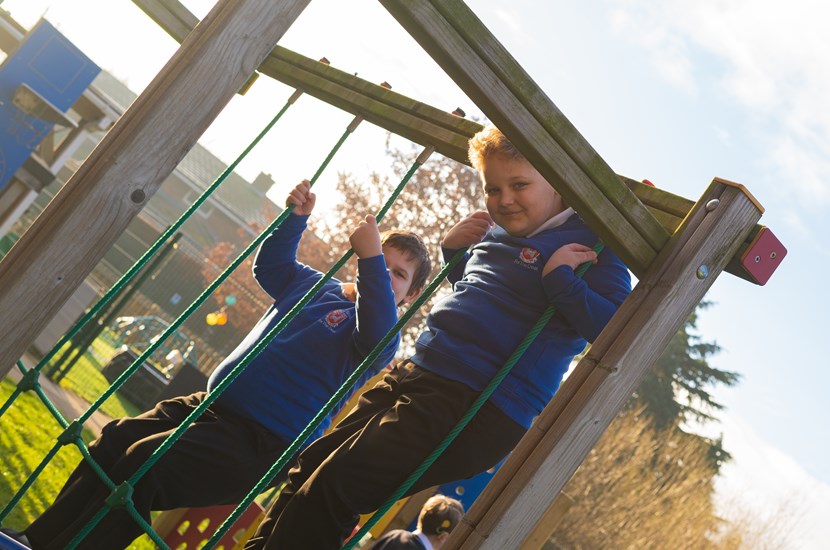The central role of Occupational therapy (OT) in school is to help children improve their fine and gross motor skills, and motor planning. OT works on skills that children need to do the things they struggle with, from zipping their coat to writing and typing.
Therapy is tailored to the child’s specific needs and treatment goals are formulated after an initial period of assessment. Treatment aims are reviewed regularly and the OT works very closely with teaching staff to monitor progress.
Sessions take place on a one to one or small group format. Wherever possible the OT will work with the child in class alongside teaching staff, in order to promote integrated learning of skills.
Here are some examples of tasks and skills the OT might focus on:
- Self-care routines like getting dressed (fine motor skills and motor planning)
- Writing and copying skills (fine motor skills, hand-eye coordination)
- Holding and controlling a pencil, using scissors (fine motor skills, motor planning)
- Throwing and catching (gross motor skills like balance and coordination)
- Reacting to sensory input (self-regulation skills)
OT consists of exercises and activities to build specific skills that a child may be struggling with. For example, if a child has very messy handwriting, therapy may include multisensory techniques as well as looking a posture and pen grip. OT can also really help children who struggle with sensory processing. When children struggle to process sensory information, they may underreact or overreact to things they hear, see, taste, smell or touch which can lead to children having “meltdowns” or becoming hyperactive. In this case the OT may prescribe a sensory diet with a series of physical and sensory activities tailored to provide the child with the sensory input they need.
OT may also help children with other challenges such as Dyslexia, Disorders of movement, visual processing issues, executive functioning issues and dysgraphia.
OT may also prescribe specialist equipment if this is assessed as necessary, and will advise around environmental adaptations to meet the specific needs of the child.
OT liaises with specialist services when required, such as wheelchair services, orthotics, etc, and regularly liaises with families and carers to provide updates with regards to the individual child’s progress and discuss any issues that OT can help with in the home which could help improve the child’s outcomes.
Our OT in school is Leah Holloway. Leah has an MSc in Occupational Therapy and is currently studying for her Level 6 Certificate in British Sign Language.

